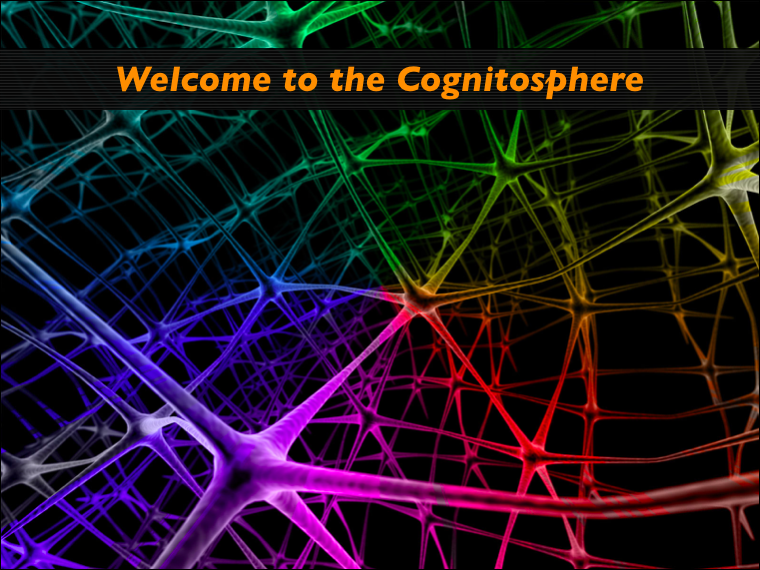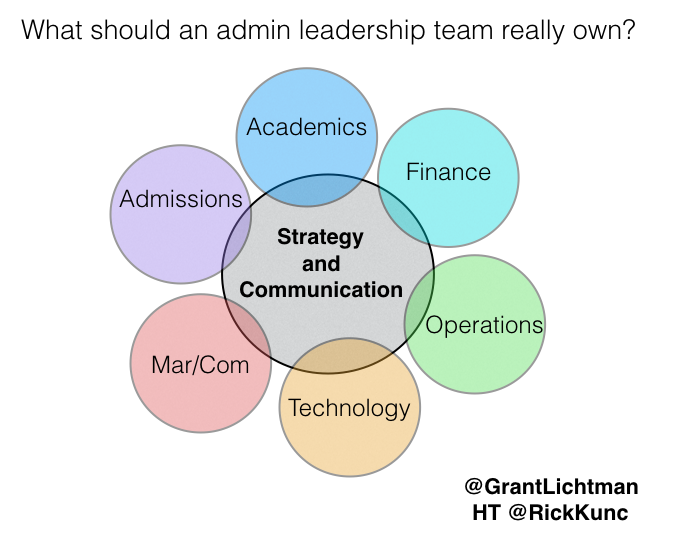I hesitate to write this for two reasons. First, I am going to second guess someone who is a lot smarter, seasoned, and more articulate than I am; that is generally a bad idea. And second, I want to wish that he is completely right and I am not. But my gut tells me otherwise.
Writing in The Nation, Richard Wolin of CUNY delivers a beautiful essay on the history and democratic ideals of American college education as he summarizes College by Andrew Delbanco. Take the time to read it. Wolin writes like we all wish we could write, with fluidity, clarity, and the perfect selection of words and sentence structure, like the great 19th Century orators, that has disappeared in the sound bite age.
Wolin argues, with logic and eloquence, that one of the signature constructs of our American heritage, equal access to a strong liberal arts college education, that fruitful gap between high school and life that should allow young people to reflect, explore, and develop their unique passion in life, may be wounded beyond repair due to lack of societal commitment. College, he argues, is beyond the reach of the poor, admissions are skewed to the privileged classes, and we forfeit depth for haste. I fear he is absolutely right. I don’t think we are going to back to Walden, at least not in this iteration of human evolution.
But here is what my gut tells me: it will be OK. Some will find their Waldens, their time for solitude and reflection. I share Wolin’s fear that it will be the few while we wish it were the many. I watch my incredibly bright and successful daughter multi-task in front of three simultaneous LCD screens and find myself wishing that she would go spend as much time in isolated wilderness as I did at her age. But then I see how connected she is to those she loves, how she can share lives and knowledge with people in ways that I never could when it took three weeks for mail to travel from one hemisphere to the other. I see the fearlessness with which this generation tackles obstacles of time and space that seemed insurmountable just a decade or two ago. I see not only their belief that the future is right here, but also their ability to grab it, create it, and make things happen in ways that we just don’t understand quite yet.
I have to wonder if the yearning for what was perfect in education in the past is not exactly that: something that was perfect in the past. I see the brilliance with which motivated students tackle their passions and I think the only real difference between the day of Dewey and now is the rate of change. Are we overly impatient? Of course. More impatient than a generation past? Probably. Is that a fatal flaw? This is the one point on which I disagree with the much smarter Mr. Wolin. We have to adjust the system to this acceleration, and we can do it. The cost structures and admissions profiles, the power of elite colleges as gatekeepers of the Promised Land; these will evolve as the Coursera’s and EdX’s and the next generation of flattening access to knowledge create a door to higher education that makes the GI Bill pale. That will be the dawn of the next great construct in American education, and I am pretty sure it is happening right now.




Leave A Comment